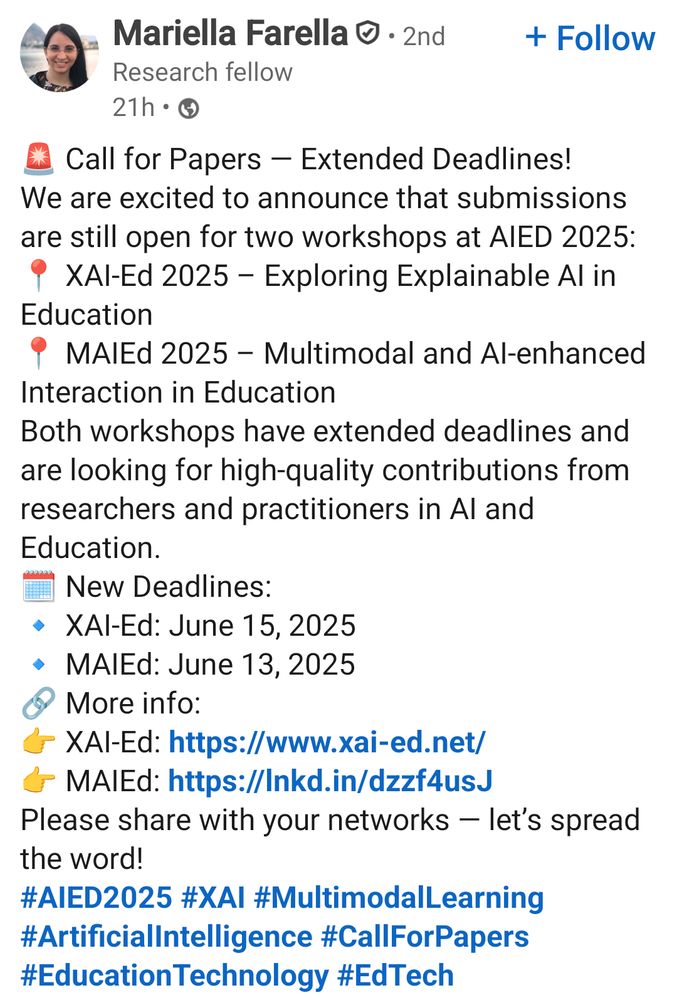It’s Breathtaking How Fast AI Is Screwing Up the Education System
The AI industry has promised to “disrupt” large parts of society, and you need look no further than the U.S. educational system to see how effectively it’s done that. Education has been “disrupted,” all right. In fact, the disruption is so broad and so shattering that it’s not clear we’re ever going to have a functional society again.
Probably the most unfortunate and pathetic snapshot of the current chaos being unfurled on higher education is a recent story by New York magazine that revealed the depths to which AI has already intellectually addled an entire generation of college students. The story, which involves interviews with a host of current undergraduates, is full of anecdotes like the one that involves Chungin “Roy” Lee, a transfer to Columbia University who used ChatGPT to write the personal essay that got him through the door:
> When he started at Columbia as a sophomore this past September, he didn’t worry much about academics or his GPA. “Most assignments in college are not relevant,” he told me. “They’re hackable by AI, and I just had no interest in doing them.” While other new students fretted over the university’s rigorous core curriculum, described by the school as “intellectually expansive” and “personally transformative,” Lee used AI to breeze through with minimal effort. When I asked him why he had gone through so much trouble to get to an Ivy League university only to off-load all of the learning to a robot, he said, “It’s the best place to meet your co-founder and your wife.”
The cynical view of America’s educational system—that it is merely a means by which privileged co-eds can make the right connections, build “social capital,” and get laid—is obviously on full display here. If education isn’t actually about learning anything, and is merely a game for the well-to-do, why not rig that game as quickly, efficiently, and cynically as possible? AI capitalizes on this cynical worldview, exploiting the view-holder and making them stupider while also profiting from them.
When you think about the current assault on the educational system, it’s easy to forget how quickly this has all happened. A more recent story from 404 Media shows that the American educational system was largely caught unawares by the deluge of cheating that the AI industry would inspire. After accumulating thousands of pages of school district documents via FOIA requests from around the country, 404’s Jason Koebler found that ChatGPT has “become one of the biggest struggles in American education.” Koebler’s reporting notes that, in the early days of the AI deluge, school districts were courted by “pro-AI consultants” who were known to give presentations that “largely encouraged teachers to use generative AI in their classrooms.” For instance, Koebler writes that the Louisiana Department of Education sent him…
> …a presentation it said it consulted called “ChatGPT and AI in Education,” made by Holly Clark, the author of __The AI Infused Classroom__, Ken Shelton, the author of __The Promises and Perils of AI in Education__, and Matt Miller, the author of __AI for Educators__. The presentation includes slides that say AI “is like giving a computer a brain so it can learn and make decisions on its own,” note that “it’s time to rethink ‘plagiarism’ and ‘cheating,’” alongside a graph of how students can use AI to help them write essays, “20 ways to use ChatGPT in the classroom,” and “**Warning:** Going back to writing essays—only in class—can hurt struggling learners and doesn’t get our kids ready for their future.”
In other words, AI acolytes seemed to anticipate that the technology would effectively ruin essay-writing and test-taking, and wanted to spin it to present the ruination as mere “transformation”—a new way of doing things—instead of a destructive force that would devastate education.
This new way of doing things appears to be corrosive not just to students but also to teachers. Koebler’s investigation shows that the AI lobbyists courted schools by making appeals to instructors, showing them that the likes of ChatGPT would make curriculum-building and assignment-giving that much easier. Now, teachers, too, seem to be taking the easy way out, as a recent New York Times story shows that college professors have been using chatbots to create their lesson plans, just as their students are using them to complete said lesson.
The result of all of this is so obvious that it doesn’t really bear repeating, but I guess will anyways: Everybody who uses AI is going to get exponentially stupider, and the stupider they get, the more they’ll need to use AI to be able to do stuff that they were previously able to do with their minds. The tech industry’s subscriber-based, “as-a-service” model is obviously on full display here, except that the subscription will be to intellectual capacity. The more you subscribe, the less “organic” capacity you’ll have. Eventually, companies will be able to pipe AI directly into your brain with the kind of neuro-implants being hawked by Neuralink and Apple. By then, of course, there will be no need for school, as we’ll all just be part of the Borg collective.













